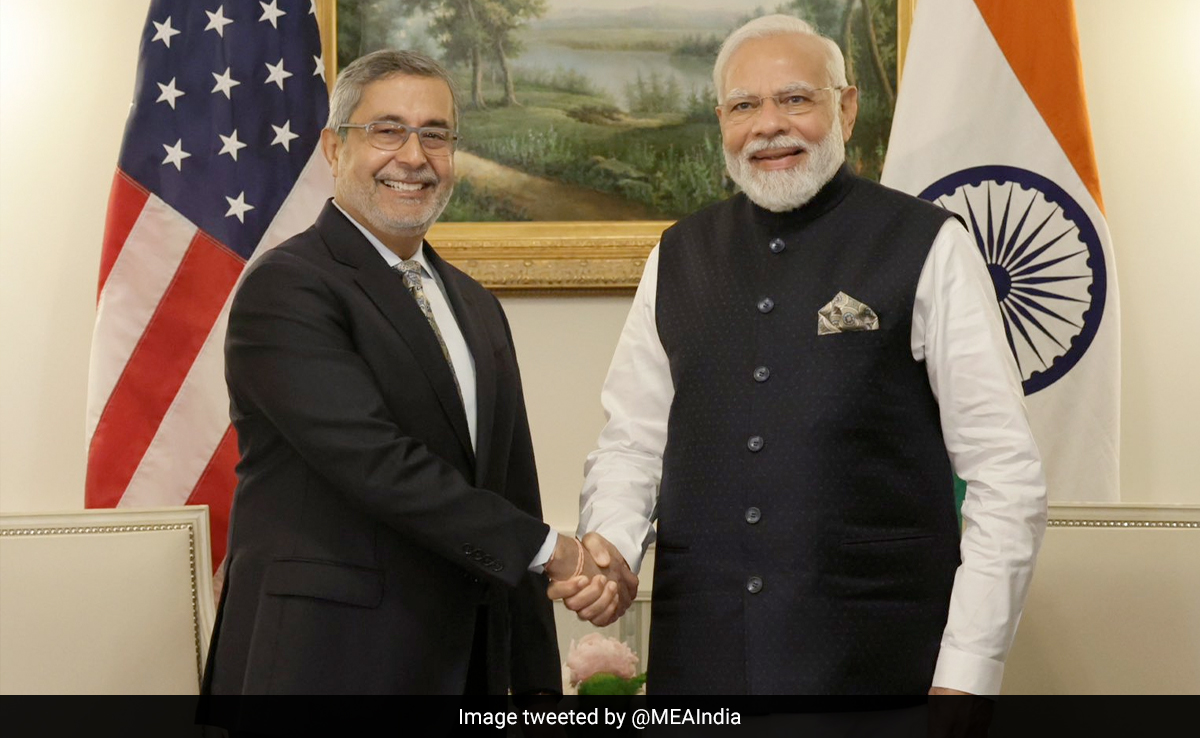As the world witnesses unprecedented advancements in technology, the role of electronics manufacturing has become increasingly pivotal in shaping global economies. In the context of India, a nation poised for exponential growth in the electronics sector, the ongoing Lok Sabha Elections 2024 hold significant implications for the industry's trajectory.
"India's electronic manufacturing is worth USD 100 billion a year. About USD 200 billion to USD 250 billion is software production. We want this segment to grow to USD 1 trillion in 5 years," MeitY secy S Krishnan (Ref)
Let's talk about the the intertwined dynamics of electronics manufacturing and the electoral landscape, exploring key trends, challenges, and opportunities that will shape the future of the industry.
India has proven itself to be a fertile ground for Electronics giants like Micron Technology, Henkel, Foxconn, Apple etc to invest, build and bring the worlds attention to Indias competitive production costs, quality and ease of doing business.
)
Micron Technology starts the construction of its $2.75 Billion Semiconductor Factory in Gujrat. (Ref)
Electronics Manufacturing in India: A Promising Landscape India's electronics manufacturing industry has experienced remarkable growth in recent years, driven by factors such as government initiatives like Make in India, Digital India, and a burgeoning consumer market. The nation's favorable demographic dividend, coupled with a skilled workforce and conducive business environment, has positioned India as a global hub for electronics manufacturing.
What Key areas of focus and potential challenges will be significantly impacted by the Lok Sabha Elections 2024:
-
Policy Reforms: The incoming government's policies on investment incentives, taxation, and regulatory frameworks will shape the investment landscape for electronics manufacturers in India. Clarity and consistency in policy decisions are essential to fostering investor confidence and sustaining growth momentum.
-
Infrastructure Development: Adequate infrastructure, including robust logistics networks, industrial parks, and power supply, is critical for the expansion of electronics manufacturing in India. The new government's commitment to infrastructure development will play a crucial role in enhancing the sector's competitiveness and attracting investment.
-
Skilling and Talent Development: With technology evolving rapidly, there is a growing need for a skilled workforce equipped with the latest technological know-how. The government's initiatives to promote skilling and talent development in the electronics sector will be vital for fostering innovation and driving industry growth.
-
Supply Chain Resilience: The COVID-19 pandemic exposed vulnerabilities in global supply chains, prompting a reassessment of supply chain strategies. The new government's focus on promoting domestic manufacturing and building resilient supply chains will be instrumental in mitigating risks and ensuring continuity in electronics manufacturing operations.
-
Innovation and R&D: To maintain competitiveness in the global electronics market, India must prioritize innovation and research and development (R&D) initiatives. Policies aimed at fostering a culture of innovation, incentivizing R&D investments, and promoting collaboration between industry, academia, and research institutions will be crucial for driving technological advancement and fostering indigenous innovation.

Strategies for Success Amidst the evolving landscape of electronics manufacturing and the electoral dynamics of Lok Sabha Elections 2024, industry stakeholders must adopt a strategic approach to navigate uncertainties and capitalize on emerging opportunities. Key strategies include:
-
Advocacy and Engagement: Engage with policymakers, industry associations, and stakeholders to advocate for policy reforms and regulatory measures that support the growth of the electronics manufacturing sector.
-
Investment in Innovation: Invest in innovation, R&D, and technology adoption to enhance product competitiveness, improve operational efficiency, and drive sustainable growth.
-
Collaboration and Partnerships: Foster collaboration and partnerships with government agencies, industry players, and academic institutions to leverage synergies, share best practices, and drive collective action towards common goals.
-
Talent Development: Prioritize talent development initiatives, including skilling programs, vocational training, and knowledge-sharing platforms, to build a skilled workforce capable of meeting the evolving demands of the electronics industry.
-
Agility and Adaptability: Embrace agility and adaptability to respond effectively to changing market dynamics, technological disruptions, and regulatory developments, ensuring resilience and competitiveness in an increasingly dynamic environment.
As India stands at the cusp of a transformative era in electronics manufacturing, the outcome of Lok Sabha Elections 2024 will undoubtedly shape the industry's trajectory in the years to come. By leveraging strategic insights, fostering collaboration, and embracing innovation, industry stakeholders can position themselves as leaders in driving sustainable growth and shaping the future of electronics manufacturing in India.
Micron Aerosols has been at the forefront of supporting the growth of Electronics Manufacturing in India with it's arsenal of Speciality Electronics Manufacturing solutions.

